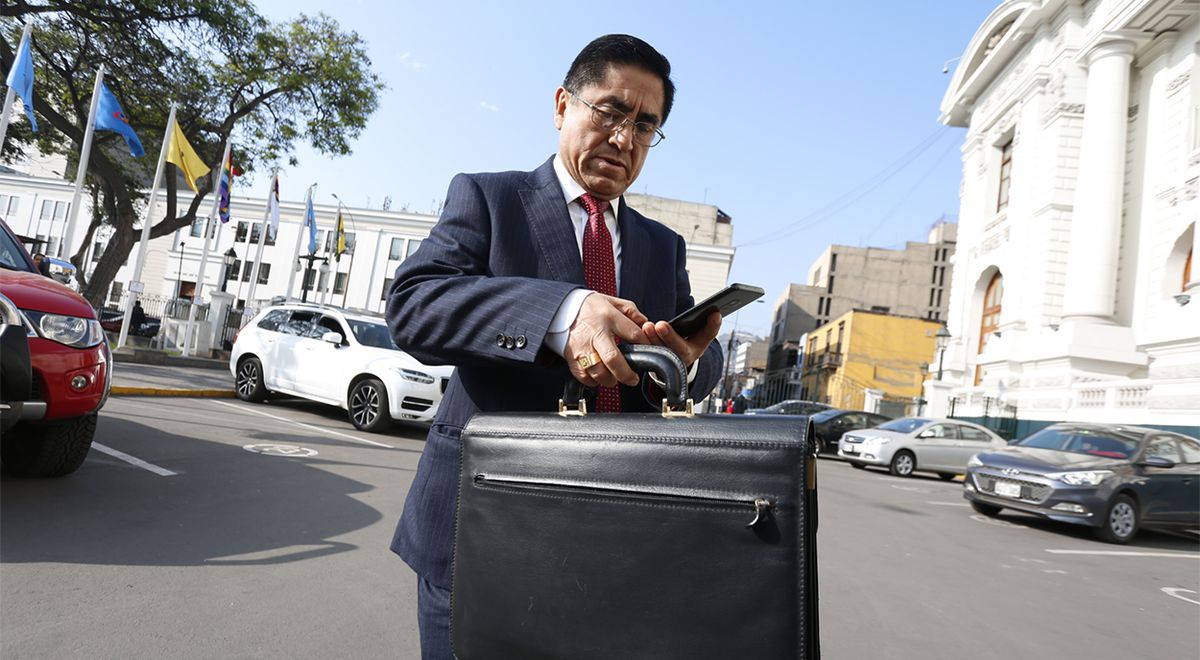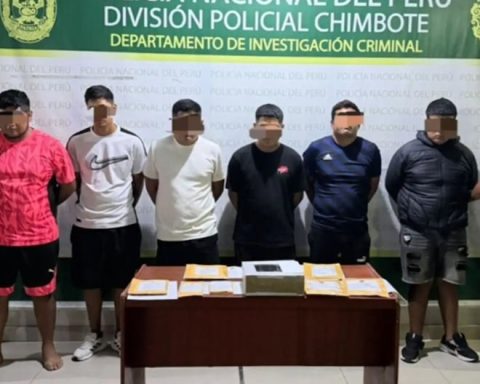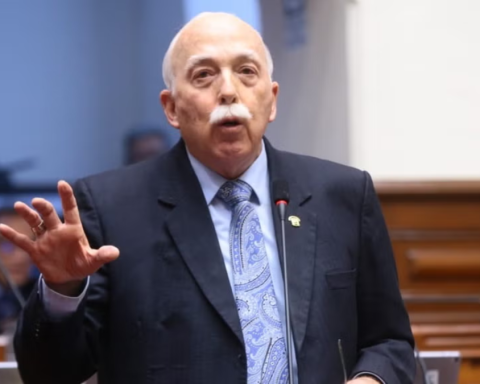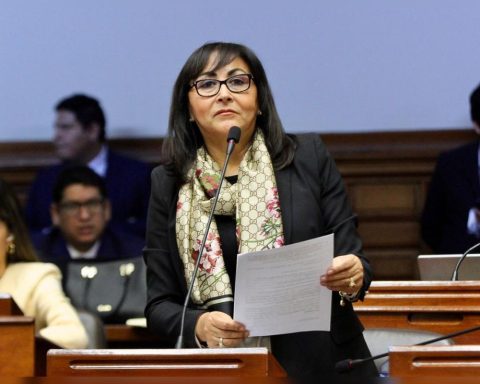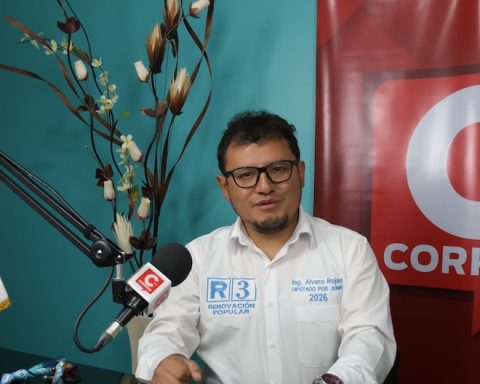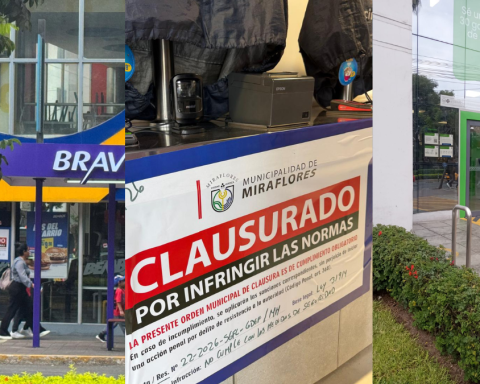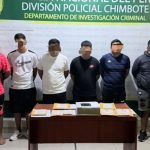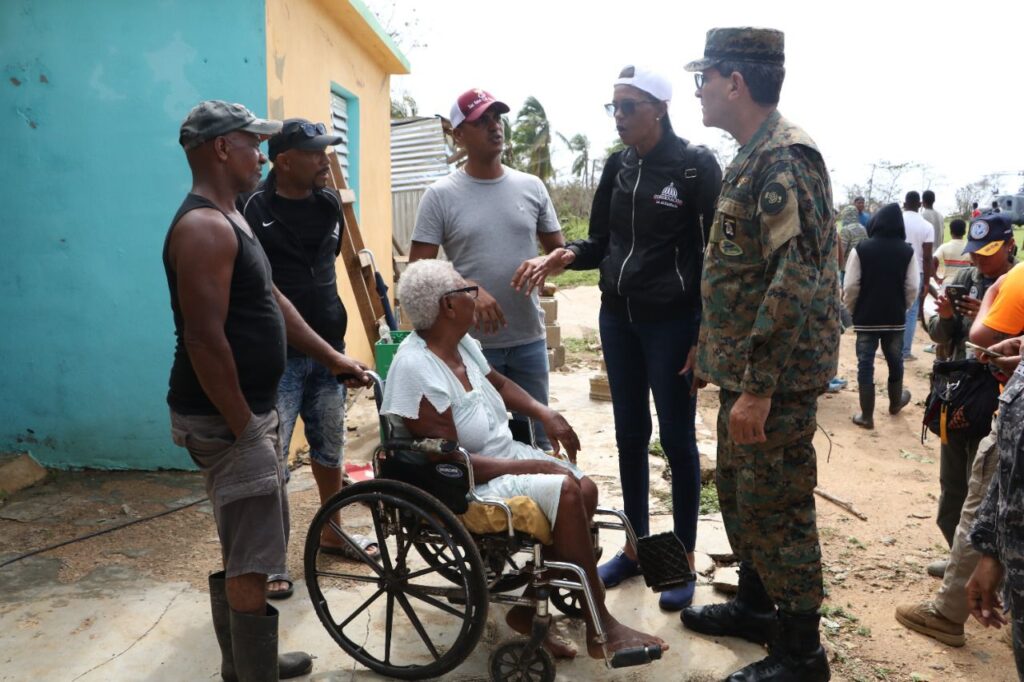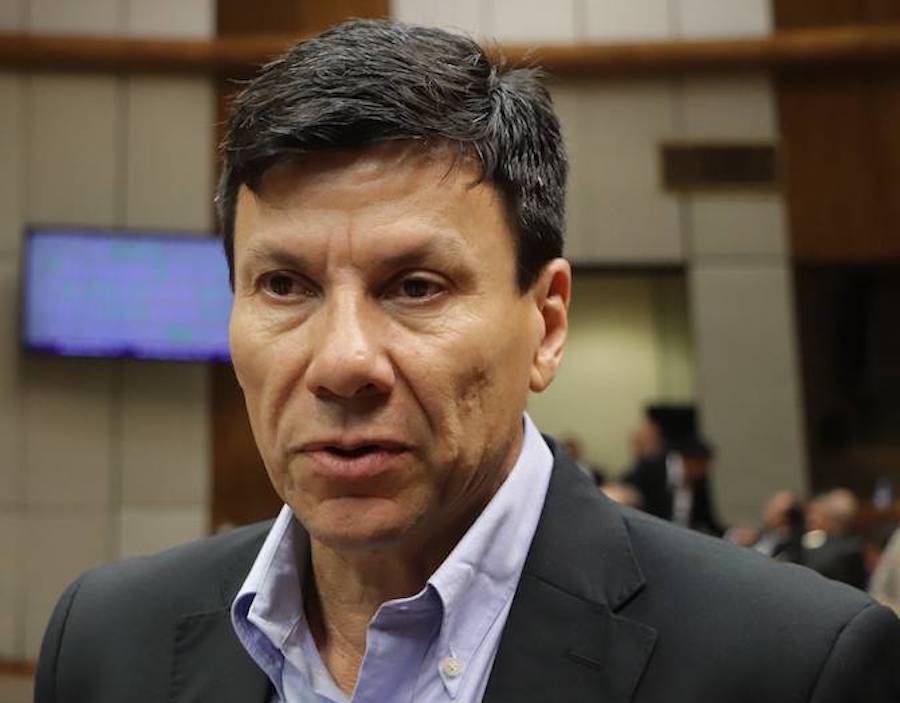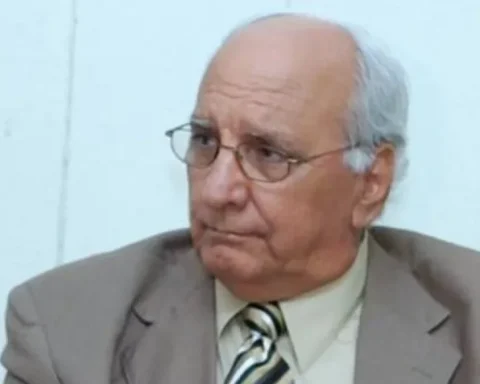The headquarters of the International Criminal Police Organization, INTERPOL suspended the dissemination of the red alert for the international search, location and capture of the fugitive former judge of the Supreme Court of Justice, Cesar Hinostroza Pariachi.
The reasons that generated this unusual decision are unknown. What is known is that a few days ago a confrontation arose between the Public Ministry and the Attorney General’s Office over this issue. Both institutions accused each other of not having fulfilled their functions and allowing Hinostroza may be traveling anywhere in the world right now, without anyone knowing.
But, as Larepublica.pe learned, after a coordination meeting between the representatives of the prosecutor’s office, the prosecutor’s office and the National Police, it was learned that the problem was not caused by the failure of any Peruvian authority.
The national and international arrest warrant issued by the Preparatory Investigation Court of the Supreme Court against Hinostroza, for the “Cuellos Blancos del Puerto” case, is still in force in Peru. What is not active is its dissemination in the 195 countries that make up Interpol.
legal trap
Before disappearing, the former supreme judge participated in the hearings via teleconference
When the Peruvian authorities consulted, through the national office of Interpol in Peru, they were informed that the suspension responds to a claim made by Hinostroza, which in accordance with the statutes and protocols of the international organization, is handled in absolute reserve.
The international police have said that they cannot give more information because they do not have access to that procedure either. The dissemination of the international arrest warrant for Hinostroza was kept in the Interpol archives until its location and detection in Spain. On July 6 last, it was learned that the Spanish authorities could no longer locate the former Peruvian magistrate in their territory. Hinostroza is believed to have fled to Belgium.
Based on this detail, the authorities assume that Hinostroza has filed a complaint with the INTERPOL File Control Commission.an autonomous and independent body that guarantees that the processing of personal data processed via INTERPOL complies with the regulations of the Organization.
That is, that the international search and arrest warrants do not have political, military, racial or religious motives.
In accordance with the statutes of said commission, every person has the right to request access to the data that is in the interpol files on his person and, therefore, to present a claim, without that request being informed to the country that issued search and arrest warrant.
While he was in Spain waiting for his extradition to be determined, Hinostroza must have requested that information and submitted a request for rectification or deletion of the data that Interpol has about him, questioning its legality according to the Interpol statute.
The International Police Organization processes Hinostroza’s claim confidentially
In Spain, Hinostroza sought asylum declaring himself politically persecuted. The former chief justice may have filed a similar claim with Interpol. Although Spain approved the extradition requests, the judges had made observations on the crime of criminal organization and the illegality of the content of their telephone calls.
In accordance with article 20 of its statute, upon receipt of a request, said Commission “takes the appropriate measures to respect the confidentiality of each request that is presented to it and of all the elements that compose it. The location of the person who is the object of the request and all information about his legal representative, as well as any information explicitly indicated as confidential by the requestor, are not disclosed to the National Central Bureaus”.
That would explain why the National Office of Interpol in Peru does not have access and cannot provide information on the request presented by the former magistrate. To fulfill its task, the aforementioned Control Commission requests information from the National Interpol Offices, the Interpol General Secretariat or from any other independent source, always without risking the confidentiality of the procedure. The Commission could take up to nine months to give an answer to the applicant.
Trip to France
Peruvian authorities are evaluating the situation and reviewing Interpol protocols. It is being evaluated that a special commission travel to the international police headquarters in the city of Lyon, France to obtain more precise information and neutralize Hinostroza’s activities.
Meanwhile, this situation has not been clarified and while waiting for the current whereabouts of Hinostroza to be known again, the extradition proceedings have been paralyzed. Peru sent two extradition requests to Spain. Said country approved them, but before the delivery took place, Hinostroza disappeared.
If Peru sends the third extradition request to Spain, it would be rejected, since his current location is unknown. The extradition process is only possible when a country confirms that the person sought is in its territory. To be located in another country, the cooperation of Interpol is required. Without the dissemination of the red alert, this will be difficult to achieve, which means that the former magistrate has managed to put Peru in check.
